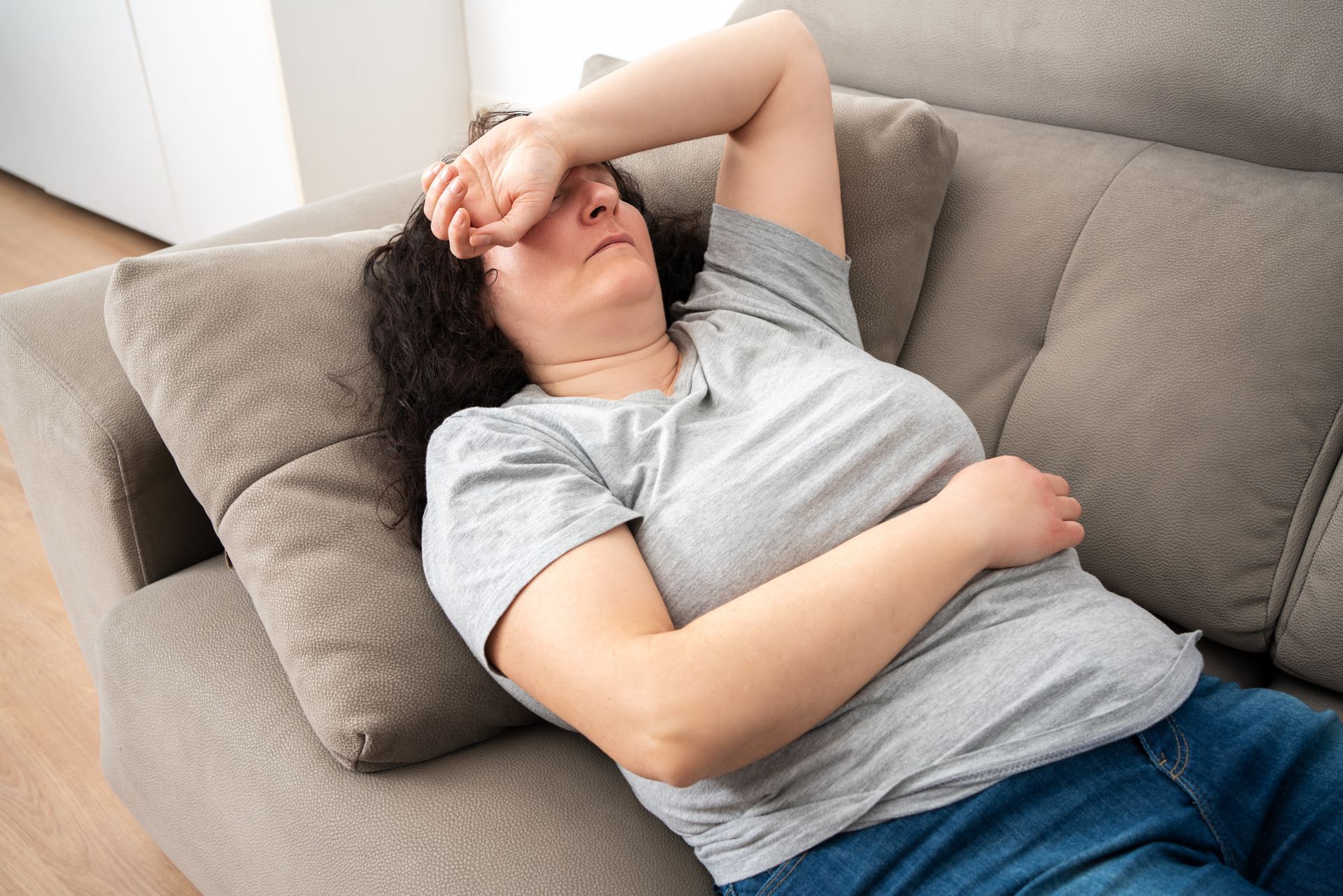Can Hormone Replacement Therapy Improve Your Sex Drive?

Low libido is more common than you think. Many men and women experience changes in sexual desire over the course of their lives. Stress, lifestyle, and relationship dynamics all play a role, but one of the most overlooked factors is hormone imbalance. If your sex drive isn’t what it used to be, you may be wondering whether hormone replacement therapy (HRT) could help.
How Hormones Affect Your Sex Drive
Hormones are powerful chemical messengers, and they directly influence your sexual health.
- Testosterone fuels sexual desire in both men and women.
- Estrogen supports vaginal health, mood, and arousal in women.
- Progesterone helps regulate mood and contributes to overall balance.
As you age, hormone production naturally declines. For women, perimenopause and menopause often lead to lower estrogen and progesterone, while men experience andropause, a gradual decrease in testosterone. The result? Many people notice fatigue, mood swings, and a significant drop in sexual desire.
How Hormone Replacement Therapy Helps Improve Low Libido
Hormone replacement therapy works by restoring balance when your body is no longer producing optimal hormone levels. As estrogen, progesterone, and testosterone decline with age, the changes don’t just affect energy and mood; they can have a direct impact on sexual desire and function. HRT helps by supplementing these hormones, bringing your body back into balance, and addressing the root cause of low libido.
With consistent treatment, patients often notice:
- Reignited sexual desire: Hormones directly influence arousal pathways in the brain, helping to restore natural interest in intimacy.
- Improved sexual function and satisfaction: For women, this may mean enhanced lubrication and comfort during sex. For men, it often translates into stronger erections and stamina.
- Greater confidence and closeness in relationships: When sex is no longer stressful or uncomfortable, intimacy feels easier and more fulfilling.
For women, hormone therapy can help ease common menopausal symptoms like vaginal dryness, painful intercourse, and mood fluctuations, all of which can contribute to a lower sex drive. By balancing estrogen and progesterone, women may also experience more consistent energy and better emotional stability, creating a stronger foundation for intimacy.
For men, testosterone replacement therapy (TRT) can significantly improve arousal, motivation, and performance. Low testosterone often leaves men feeling fatigued, irritable, or less confident; restoring healthy levels can enhance not only libido but also vitality in daily life.
Beyond sexual health, many patients notice side benefits that further support their well-being. Better sleep, sharper focus, improved workouts, and greater overall energy often come with HRT. These changes work together to create a healthier body and mind, and a more satisfying sex life.
When Low Sex Drive May Not Be Hormone-Related
While hormone imbalance is a common cause of low libido, it isn’t the only factor. Sexual desire is influenced by a complex mix of physical, mental, and emotional health. In some cases, addressing lifestyle or medical issues may be just as important as balancing hormones.
Some non-hormonal causes of low sex drive include:
- High stress and poor sleep habits: Chronic stress increases cortisol, the “stress hormone,” which can interfere with sexual desire. Similarly, poor-quality sleep disrupts hormone cycles, energy, and mood, all of which affect libido.
- Relationship challenges: Emotional distance, unresolved conflict, or lack of communication with a partner can make intimacy less appealing. Even when hormone levels are balanced, relationship health plays a critical role in sexual wellness.
- Medications and medical treatments: Certain antidepressants, blood pressure medications, and even over-the-counter drugs can reduce libido as a side effect. Cancer treatments, including chemotherapy and radiation, may also impact desire.
- Chronic health conditions: Diabetes, heart disease, obesity, depression, and autoimmune disorders can all lower energy and sexual function, creating barriers to a healthy sex life.
Because the causes can be varied, it’s essential to get a comprehensive evaluation rather than assume hormones are always to blame. A provider can run lab tests, review your health history, and determine whether HRT is the right solution, or if other treatments and lifestyle changes may be more effective.
Improve Low Libido with Personalized Hormone Therapy at Rejuvime
If your sex drive has declined and you suspect hormones may be the cause, you don’t have to accept it as part of aging. Hormone replacement therapy may help restore balance, improve intimacy, and give you back the energy and confidence you’ve been lacking.
At Rejuvime Medical, we specialize in personalized hormone replacement therapy designed to help men and women feel their best. Schedule your consultation today and take the first step toward a healthier, more fulfilling life.
Get in Touch
Questions? Contact us today by phone or book an appointment online.
Questions? Call our office:
(225) 228-3128





